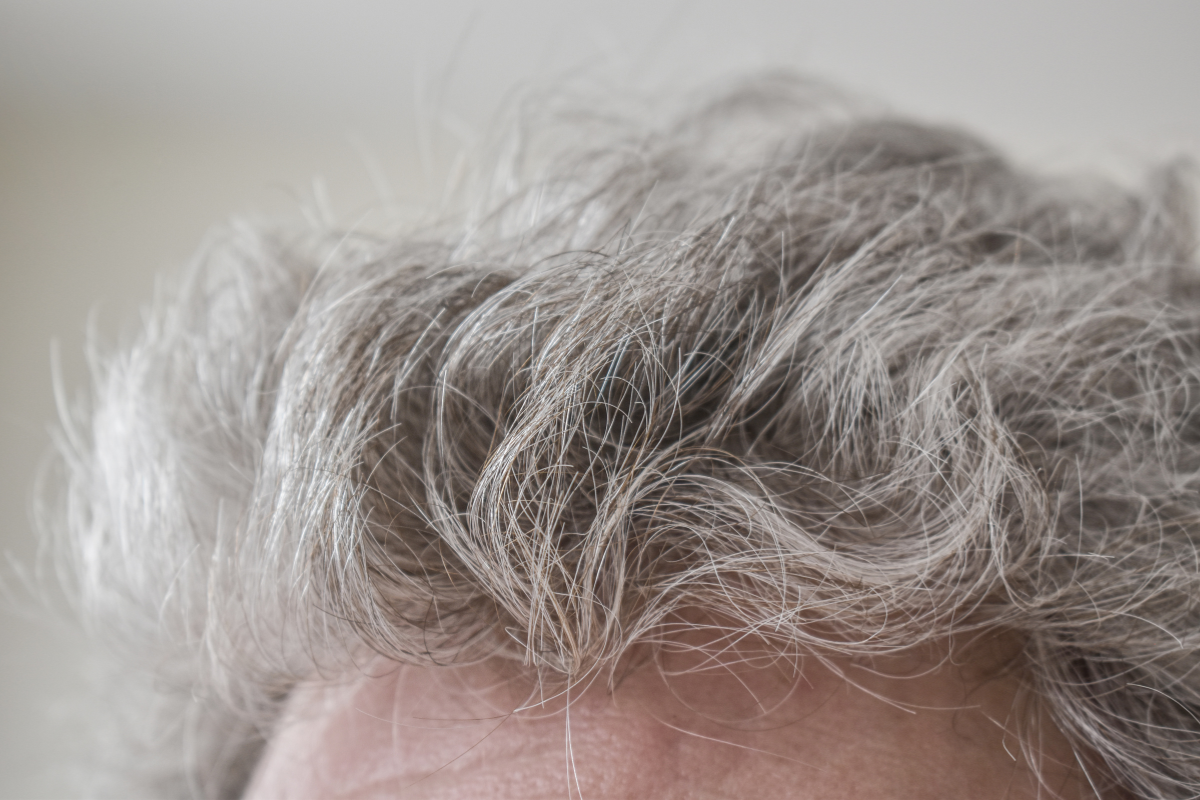Vitamin C for beauty & health

Vitamin C for beauty & health
Vitamin C - the vitamin of health and beauty
Vitamin C - THE VITAMIN OF BEAUTY AND HEALTH - is commonly found in many different fruits and vegetables, plus found in both skincare serums, anti-aging products and dietary supplements, vitamin C is a powerful antioxidant and vitamin, and an important part of our diet. From slowing skin aging to lowering cholesterol levels, studies have found that vitamin C benefits many aspects of both health and beauty, inside and out.
A deficiency in this essential vitamin can have serious consequences for the body, causing symptoms such as decreased immunity, gum inflammation, and easier bruising. Conversely, the vitamin can help ward off illness and infection, improve iron absorption, and even reduce the risk of painful conditions like gout.
What is vitamin C?
Vitamin C, also known as ascorbic acid, is a water-soluble vitamin found in many fruits and vegetables. It acts as an antioxidant to neutralize free radicals and reduce the risk of inflammation and disease.
The body also uses vitamin C to synthesize important compounds such as collagen , a type of structural protein that makes up connective tissue and helps with wound healing, keeps skin looking young and fresh, and much more. Vitamin C is also needed for the production of other compounds, such as L-carnitine and neurotransmitters.
Ongoing research has uncovered a host of potential vitamin C benefits and has found that getting enough of the vitamin in your diet can improve skin health, boost immunity, and even protect against certain other bodily conditions.
The benefits of vitamin C
- Acts as a powerful antioxidant
- Helps prevent anemia
- Boosts the immune system
- Improves heart health
- Contributes to skin radiance
- Reduces the risk of gout (swollen and stiff joints)
Symptoms of vitamin C deficiency
A severe vitamin C deficiency can result in a condition called scurvy, which is caused by a disruption in the synthesis of collagen and connective tissues.
Symptom:
- Slow wound healing
- Bleeding gums
- Easy to bruise
- Fatigue
- Swollen gums
- Weakened immune system
- Frequent nosebleeds
- Dry and flaky skin
- Swollen joints
- Dry, brittle hair that splits
- Gingivitis (inflammation of the gums)
Vitamin C is needed for collagen synthesis
Vitamin C has many important functions in the body. But what most people may not know is perhaps the vitamin's most important function in the body: contributing to the production of collagen .
Approved health claims for vitamin C and collagen
Vitamin C actually has 15 approved health claims when it comes to its function in the body, 6 of which demonstrate its role in collagen formation:
- Vitamin C contributes to normal collagen formation for the normal function of blood vessels.
- Vitamin C contributes to normal collagen formation for the normal function of bones.
- Vitamin C contributes to normal collagen formation for the normal function of cartilage.
- Vitamin C contributes to normal collagen formation for the normal function of the gums.
- Vitamin C contributes to normal collagen formation for the normal function of the skin.
- Vitamin C contributes to normal collagen formation for the normal function of teeth.
- Vitamin C contributes to maintaining the normal function of the immune system during and after intense exercise.
- Vitamin C contributes to normal energy-yielding metabolism in the body.
- Vitamin C contributes to the normal functioning of the nervous system.
- Vitamin C contributes to normal psychological function.
- Vitamin C contributes to the normal function of the immune system.
- Vitamin C helps protect cells against oxidative stress.
- Vitamin C contributes to the reduction of tiredness and fatigue.
- Vitamin C contributes to the regeneration of the reduced form of vitamin E.
- Vitamin C increases iron absorption.
Vitamin C and diet
Vitamin C is found in the normal traditional diet. Vitamin C is a water-soluble vitamin, and must therefore be consumed with the diet we eat every day, as the body cannot produce vitamin C itself. Vitamin C is found in high amounts in fruit and vegetables.
Is vitamin C a water-soluble vitamin?
Vitamin C, also called ascorbic acid, belongs to the group of water-soluble vitamins.
Why is vitamin C so important for the body's collagen formation?
Contributing to normal collagen formation is considered one of the most important functions of vitamin C. Collagen is a protein that is important for the formation of many bodily tissues, such as skin, bones, tendons, ligaments, cartilage, skin, teeth, gums, and blood vessels, to name a few. Vitamin C deficiency can therefore affect many different parts of the body. Vitamin C is essential for the activation of two key enzymes needed for collagen synthesis, which begins inside the cell. Without vitamin C (and also iron), the function of the enzymes is inactivated, and collagen cannot be formed.
What other functions does vitamin C have in the body, besides contributing to normal collagen formation? Below are some examples:
- Vitamin C contributes to maintaining the normal function of the immune system during and after intense exercise.
- Vitamin C contributes to normal energy-yielding metabolism in the body.
- Vitamin C contributes to the normal functioning of the nervous system.
- Vitamin C contributes to normal psychological function.
- Vitamin C contributes to the normal function of the immune system.
- Vitamin C helps protect cells against oxidative stress.
- Vitamin C contributes to the reduction of tiredness and fatigue.
- Vitamin C contributes to the regeneration of the reduced form of vitamin E.
- Vitamin C increases iron absorption.
How many health claims are there for vitamin C and collagen?
There are 15 health claims for vitamin C, of which 6 are for vitamin C and collagen formation . Health claims on foods (food supplements are classified as foods) are all claims that express that the food has a positive effect on health , and are regulated by EU legislation.
- Vitamin C contributes to normal collagen formation for the normal function of blood vessels.
- Vitamin C contributes to normal collagen formation for the normal function of bones.
- Vitamin C contributes to normal collagen formation for the normal function of cartilage.
- Vitamin C contributes to normal collagen formation for the normal function of the gums.
- Vitamin C contributes to normal collagen formation for the normal function of the skin.
- Vitamin C contributes to normal collagen formation for the normal function of teeth.
Is vitamin C present in a normal traditional diet?
Yes, absolutely! Vitamin C is easy to get through your diet and is found in both vegetables and fruits.
Can the body produce vitamin C itself?
No, we must obtain vitamin C through the diet we eat, or through a dietary supplement. Humans are one of the few species, along with monkeys, lemurs, guinea pigs and a species of bat, that cannot synthesize vitamin C on their own.
Should I stop taking vitamin C after a certain time, and have a shorter break?
Vitamin C is a water-soluble vitamin and can be taken every day without interruption. The daily recommended dose of the vitamin for an adult is approximately 75-80 mg.
From what sources does vitamin C in dietary supplements come?
Vitamin C in supplements is usually derived from synthetic production, from natural sources, or from fermentation of a natural source. We have added vitamin C to all of our collagen supplements.
How to use collagen supplements and what are the beauty and health benefits of collagen?
Answer: We recommend mixing the collagen powder into a smoothie, water, juice, or other cold beverage of your choice, or using it when baking cold pastries.
The beauty and health benefits of collagen include:
- Beautiful and healthy skin, with fewer wrinkles and increased elasticity
- Shiny, thick and healthy hair
- Strong and beautiful nails
- Getting rid of cellulite
- Healthy, strong and mobile joints
- Optimal stomach and intestinal function
- Healthy teeth and healthy gums
- A strong skeleton





